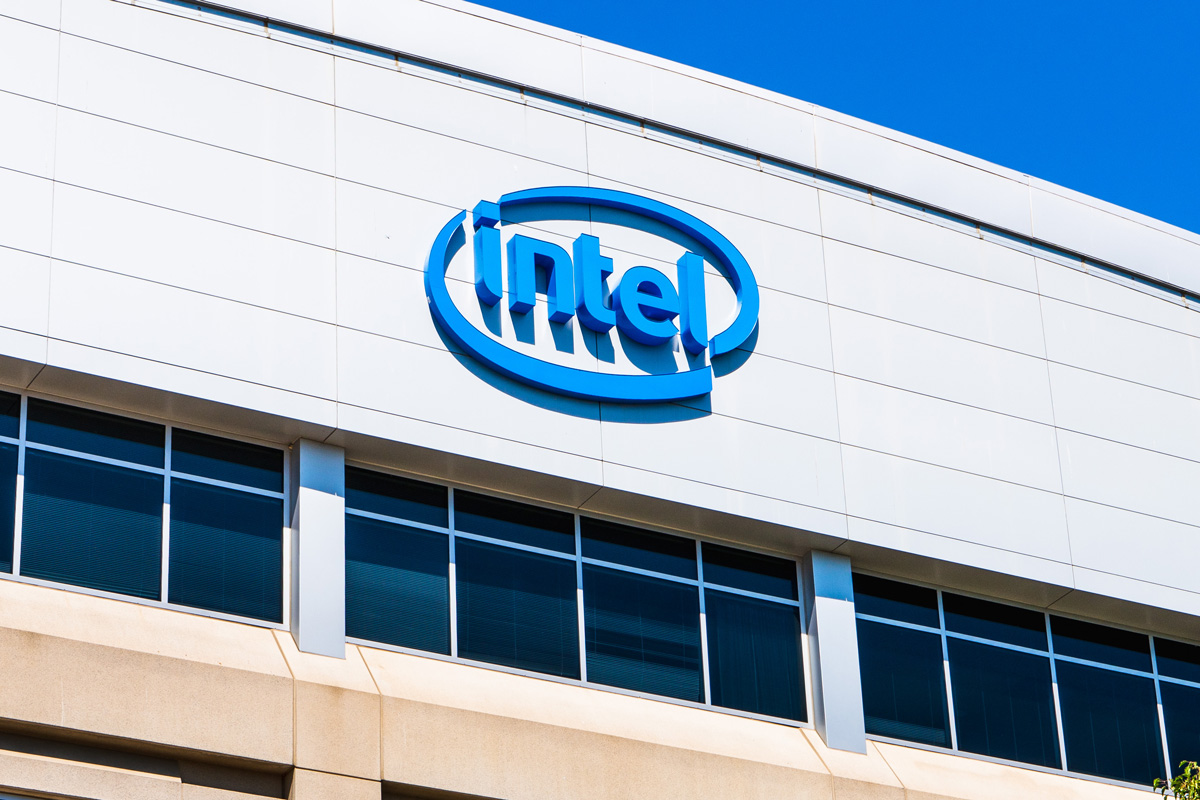Intel has introduced the newest addition to RealSense ID, its product range of depth and tracking technologies designed to give machines depth perception capabilities.
The device is designed to perform facial authentication on consumer devices such as point-of-sale (PoS) systems, ATMs and kiosks.
Using only a glance, users are able to quickly unlock what’s important to them.
Intel claims RealSense ID adapts to users as physical features like facial hair and glasses change over time and work in various lighting conditions for people “with a wide range of heights or complexions.”
Intel said on Wednesday that its ‘RealSense ID’ technology combines active depth with a specialised neural network, a dedicated system-on-chip and embedded secure element to encrypt and process user data quickly and safely.
“Intel RealSense ID combines purpose-built hardware and software with a dedicated neural network designed to deliver a secure facial authentication platform that users can trust,” said Sagi Ben Moshe, Intel corporate vice president and general manager of Emerging Growth and Incubation.
The system works in various lighting conditions for people with a wide range of heights or complexions, the company said.
In industries such as finance, healthcare and smart access control, companies need technology they can trust.
Intel RealSense ID has built-in anti-spoofing technology to protect against false entry attempts using photographs, videos or masks, and provides a one-in-1-million false acceptance rate.
“The solution is also only activated through user awareness and will not authenticate unless prompted by a pre-registered user,” Intel said.











